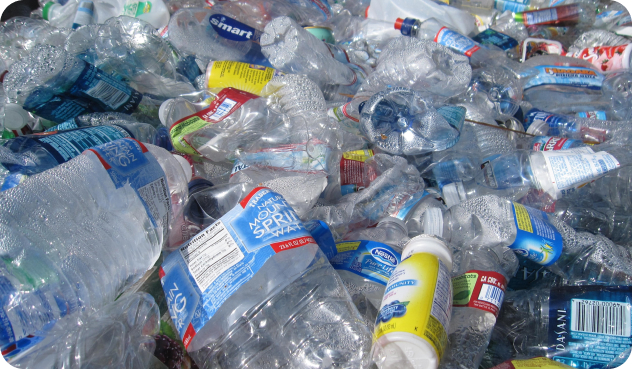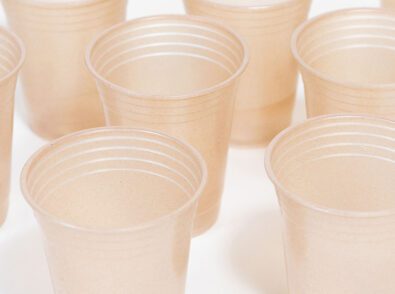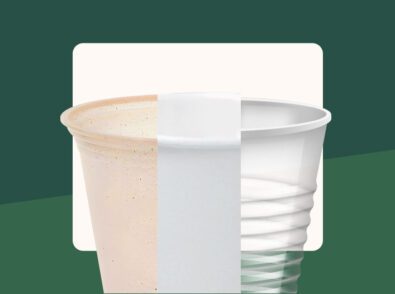Plastic Regulations in Gainesville, Florida

As the home of the University of Florida, Gainesville is a city full of history and natural beauty. It’s vital to keep cities like Gainesville and their vast green areas free from plastic pollution so their human and animal populations can live in long-term harmony. Learn about some plastic regulations currently in place in the city of Gainesville—and why they matter.
The Detrimental Effects of Single-Use Plastics
Single-use plastics can cause harm in various ways when they find their way into ecosystems. Straws, plastic bags, polystyrene takeout containers, and utensils are some of the items people use daily in Gainesville that can create long-term environmental problems. Plastics take hundreds of years to degrade, and they harm the environment in the process. Potential problems include:
- Damaging infrastructure: Single-use plastics can clog vital infrastructure, such as storm drains, leading to flooding and stagnant water where disease can breed.
- Microplastic pollution: The slow degradation of plastics in the environment causes the formation of microplastics, which can find their way into the food chain.
- Health concerns: Microplastics leeching into foods can cause gastrointestinal health issues for humans and animals.
Plastic Bag Laws in Gainesville, Florida
Gainesville has a zero-waste initiative in place. The city aims to achieve zero waste by 2040 by supporting plastic reduction policies and citizen education about reducing plastic waste.
Gainesville has established several ordinances to meet this goal, such as increasing recycling, focusing on community aesthetics, and working with local businesses to ensure compliance. Policies that make up the initiative include:
- Bans: A single-use plastic straw and stirrer ban is in effect, meaning that foodservice and retail establishments must replace these items with acceptable single-use alternative products.
- Recycling: Gainsville requires commercial waste generators, such as restaurants, bars, retail stores, and hotels, to separate their waste into containers and papers for recycling.
- Plastic by request only: To decrease plastic pollution, prepared food providers will only provide single-use food accessories if specifically requested or at a self-serve station.
In 2019, the Gainesville city government repealed an ordinance that banned single-use plastic bags and polystyrene containers because Florida state laws preempt bans like these. This repeal means that it is difficult for local city governments to make ban laws that apply to bags and polystyrene containers that aren’t on city property.
The Greenprint Solution
Greenprint has a sustainable solution to Gainesville, Florida’s plastics ban on single-use utensils. We provide internationally certified plant-based disposables, such as straws and cutlery made from the agave plant. We specialize in offering businesses cost-effective and sustainable solutions so they can abide by local plastic regulations and transform their operations to be more sustainable and community-conscious.
Learn More About Our Sustainable Solutions
If you want to learn more about our products and mission, please get in touch with our team today.



